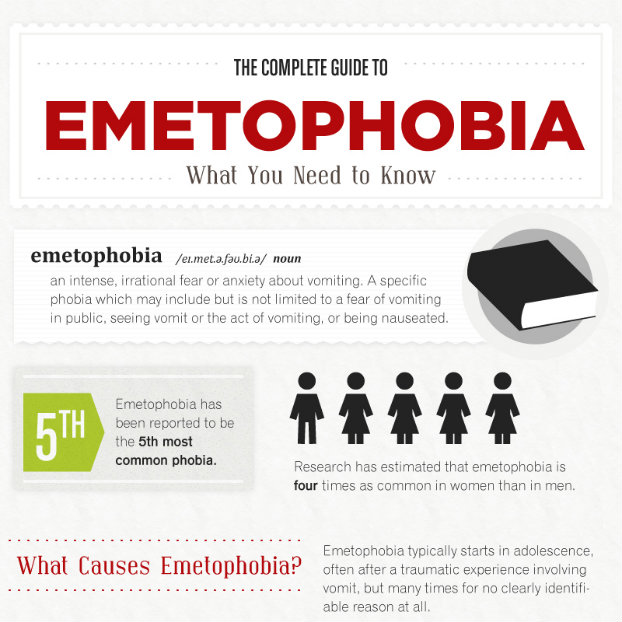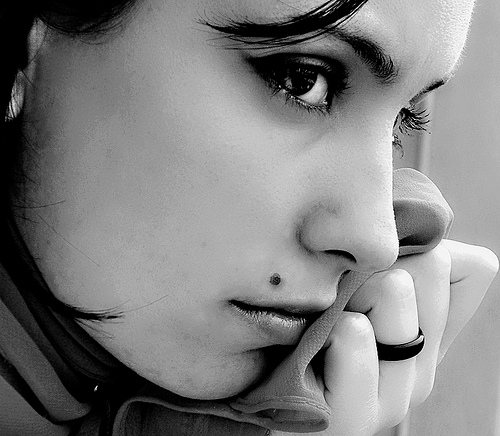 Depression is a condition that often accompanies anxiety disorders. It causes you to feel despondent, hopeless, and lethargic. Activities you once found enjoyable suddenly become dull. Depression can harm your relationships because people don’t know how to respond to your unhappy state. Depression is dangerous because it makes you lose interest in everything, including your own well-being.
Depression is a condition that often accompanies anxiety disorders. It causes you to feel despondent, hopeless, and lethargic. Activities you once found enjoyable suddenly become dull. Depression can harm your relationships because people don’t know how to respond to your unhappy state. Depression is dangerous because it makes you lose interest in everything, including your own well-being.
Obesity is defined as “a condition characterized by the excessive accumulation… fat.” It is a medical issue that can lead to heart problems, diabetes, and pain in the joints.
Depression doesn’t just affect the mind, and obesity doesn’t only affect the body. Both conditions have an impact on physical and mental well-being.
Because depression often leads to tiredness and a generally gloomy feeling, it can make you much less active than you usually are. You may also feel more inclined to eat unhealthy foods high in sugar or fat for the temporary boost in mood caused by the endorphin rush.
If the depression is temporary, the effects on your body may not be immediately apparent. If you suffer from chronic depression or frequent bouts of depression, the bad habits may stick around and start to take a toll on your health as you age. These unhealthy patterns of behavior caused by depression are often seen in individuals who become obese.
For people with obesity, there are also repercussions on mental health. With pressure from society to be thin, obese people may start to feel unsatisfied with themselves. They are often ridiculed by parents, siblings, friends, and even co-workers. There is also the barrage of media saying that “thin is in” and anything else is unacceptable. This message is highly toxic to the self-esteem. A negative body image is strongly related to depression and anxiety. Additionally, the physical health difficulties brought on by being very overweight can harm your mood. Constant trips to the doctor, an increasing amount of medications, and the inability to engage in basic physical activities can make you feel hopeless.
Experts’ Analysis of Obesity and Depression
A study from 2010 looks into the relationship between obesity and depression. Researchers found that “[being] overweight increased the risk of [the] onset of depression.” The correlation was even stronger in older adults. This is because as we age, we tend to gain more weight, so an obese person will likely become more obese. Also, the negative effects of obesity have an even greater impact on an older person’s health. It should be noted that although being depressed does make developing obesity more likely, someone who has early onset depression will not necessarily become obese.
Tips for Fighting Depression and Obesity
If you struggle with depression and/or obesity, there is hope for change. There are many free resources online which offer advice for beginners. A good place to start is Livestrong.com has tons of information about logging meals, eating healthy, and exercise routines. There are also videos which show you to get in shape and allow you to follow along. The sooner you start, the better.





